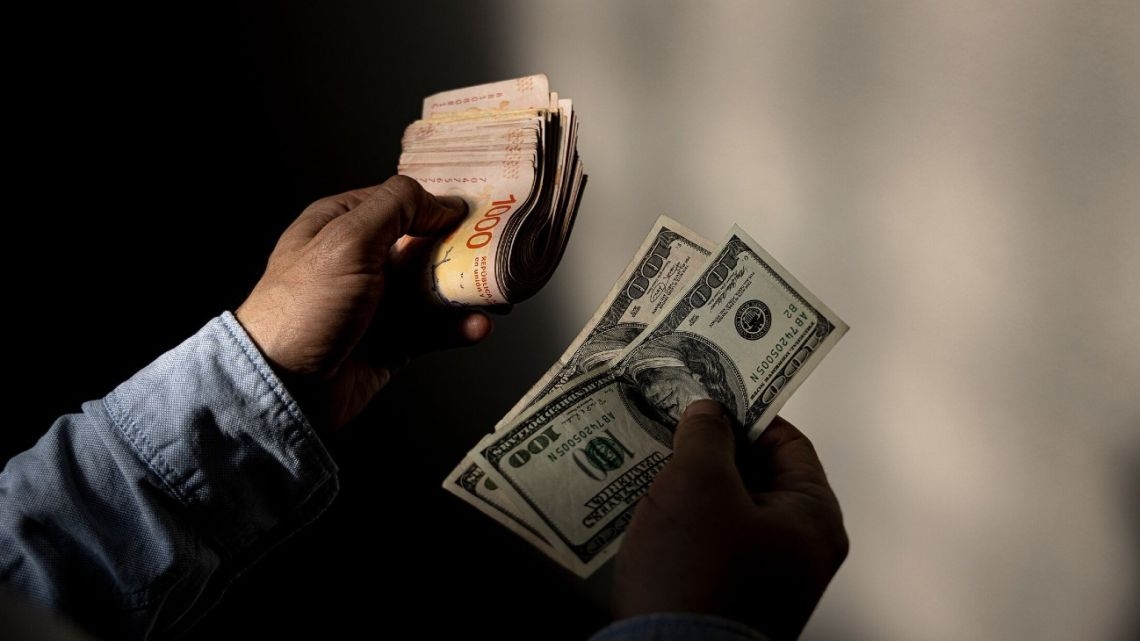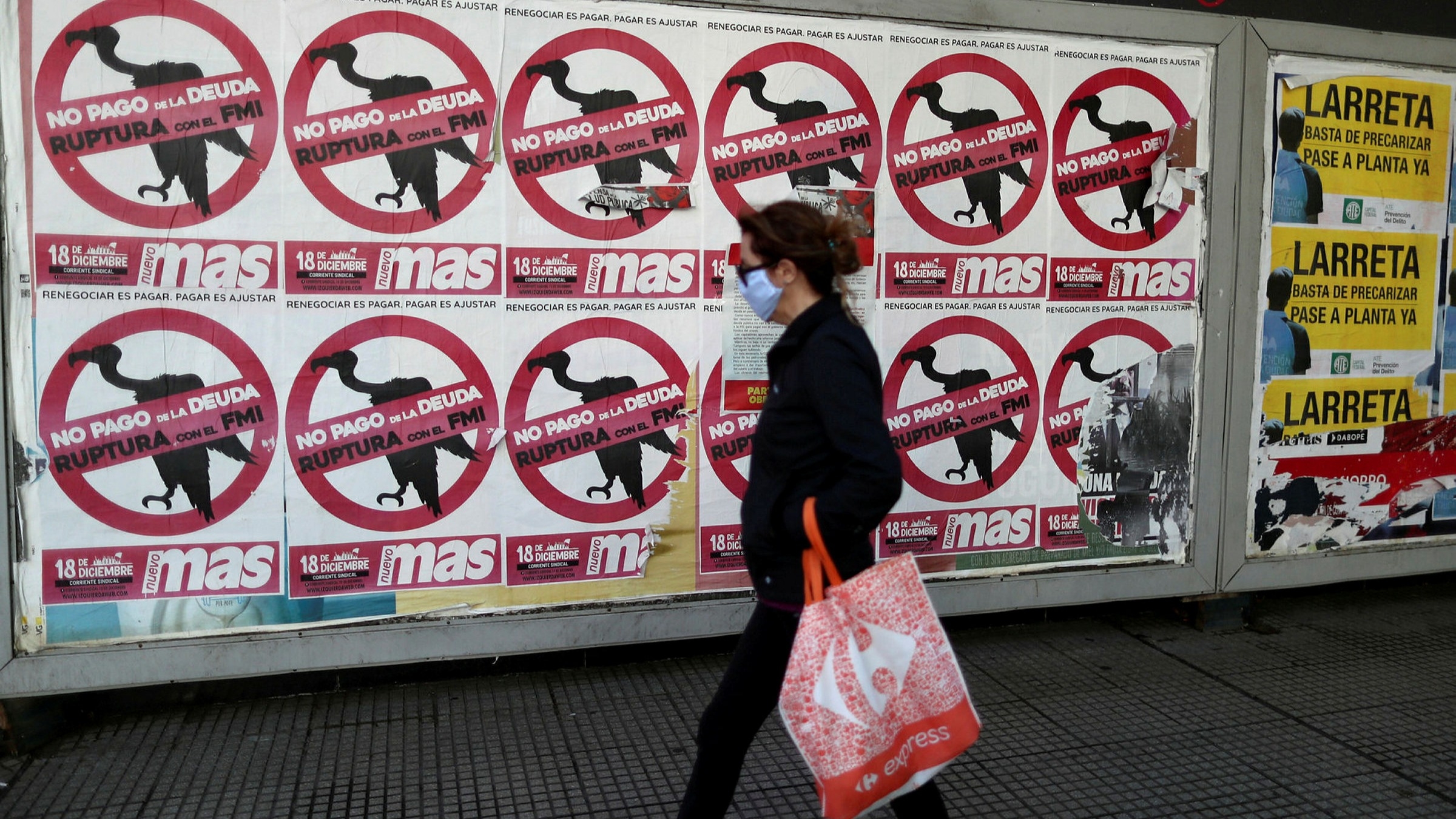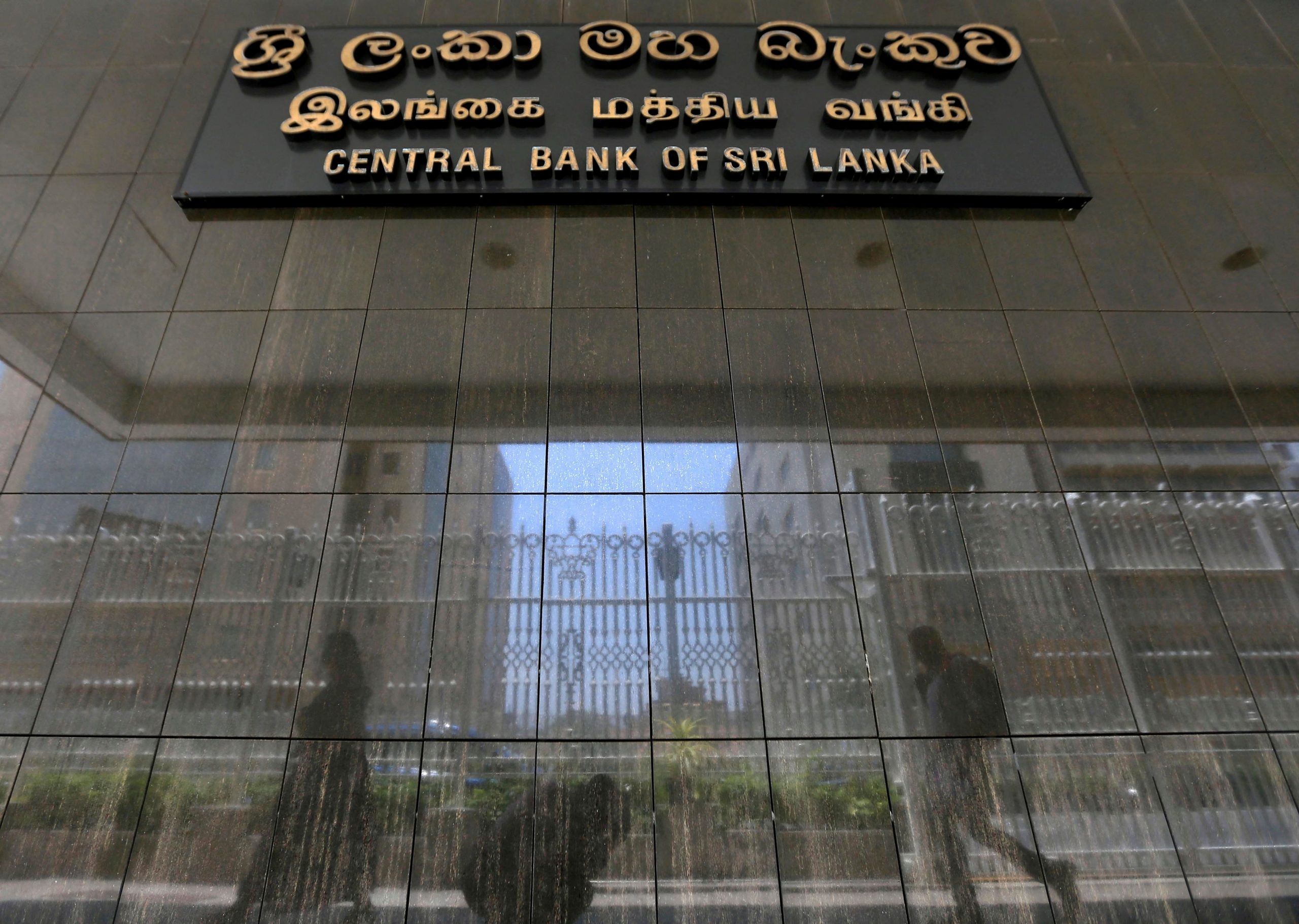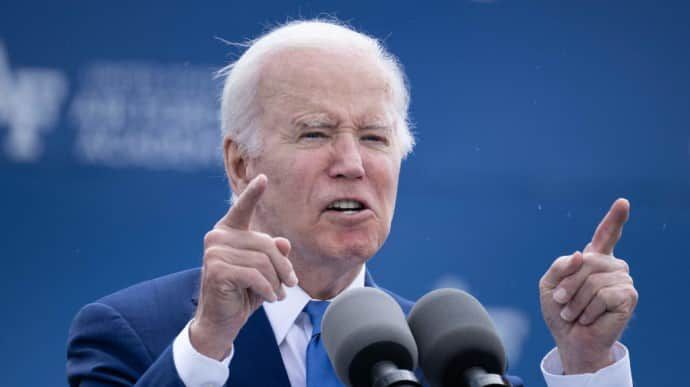Argentina finds itself in a perilous financial situation, as consulting firm 1816 Economia & Estrategia based in Buenos Aires warns that the country’s reserves of liquid international assets have nearly vanished. This raises serious concerns about Argentina’s ability to protect its currency, the peso, from a potential collapse. Such a disaster would exacerbate the nation’s already staggering inflation rate of 104% and intensify ongoing social unrest. With presidential elections scheduled for October, the stakes become even higher.
Fernando Losada, a managing director at Oppenheimer & Co., points out that dwindling reserves put more pressure on the exchange rate, which, in turn, fuels inflation. Losada believes that it is unlikely for inflation to dip below three digits this year, regardless of the circumstances.
Argentina’s history of financial instability, including its struggle to maintain strong international reserves, leaves the country in a precarious position. Currently, its foreign currency liabilities exceed total reserves by approximately $1 billion, marking the worst ratio since the devastating economic crisis of the early 2000s.
Although Argentina’s foreign reserves stand at less than $34 billion, the majority of these assets are tied up in less liquid forms, such as gold, credit swap lines with China and the Bank of International Settlements, and US dollars held by Argentinians in their savings accounts. This lack of readily available cash poses a significant problem for a country grappling with a plummeting currency value and an economic recession.
To halt the peso’s decline in the parallel-market exchange rate, Argentina has been depleting its dollar reserves, as the unofficial peso rate has already dropped 33% against the US dollar this year, marking the largest decline among key emerging markets. Despite the central bank’s interventions, the situation remains dire.

President Alberto Fernandez has attempted to bolster reserves by mandating that export earnings be directed to central bank accounts and by accepting cash injections from the International Monetary Fund (IMF). However, these measures have largely been ineffective. With Fernandez withdrawing his candidacy for reelection, there are no guarantees that negotiations to revise a $44 billion program with the IMF will result in expedited loan disbursements to alleviate the situation.
In the meantime, Argentina has implemented emergency measures, such as utilizing a currency swap line with China to finance imports worth $1.8 billion and increasing bilateral trade with Brazil through credit lines in reais, bypassing the need for dollars.
The population is acutely feeling the pressure of economic uncertainty, with memories of the 2001 crisis when access to dollar savings was frozen by the central bank still fresh in their minds. Consequently, Argentinians have been withdrawing their US dollar deposits from the banking system in significant numbers.
Compounding these challenges is Argentina’s worst drought in a century, severely curtailing the potential influx of cash from agricultural exports ahead of the elections.
Juan Sola, an economist at BancTrust & Co. in Buenos Aires, warns about the risk of having negative liquid reserves, as the central bank may not possess enough dollars to meet a potential surge in foreign-exchange deposit outflows.
In conclusion, Argentina’s financial stability hangs in the balance as the country faces the imminent threat of a currency collapse, skyrocketing inflation, and a population plagued by economic uncertainty. Depleted liquid reserves and ongoing economic hardships underscore the urgent need for a comprehensive and effective financial strategy to navigate the storm ahead. The forthcoming presidential elections only intensify the urgency of the situation.
©traders-news.online










